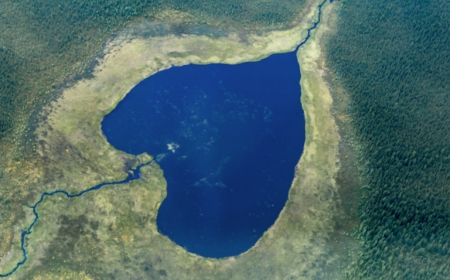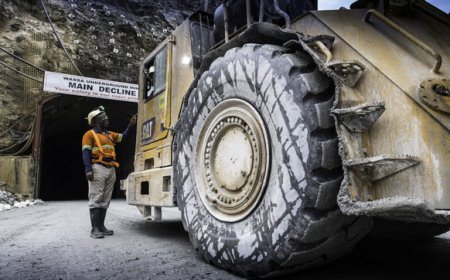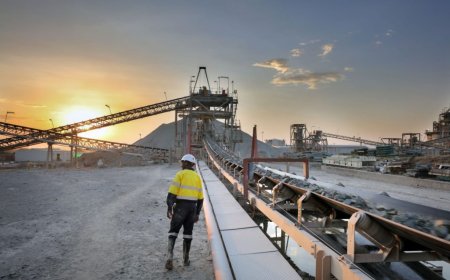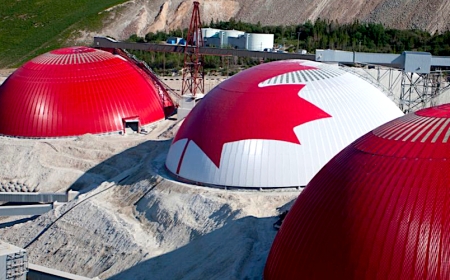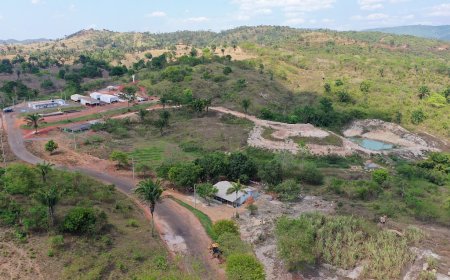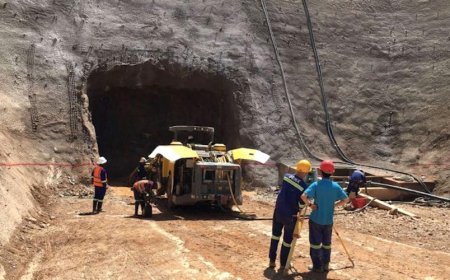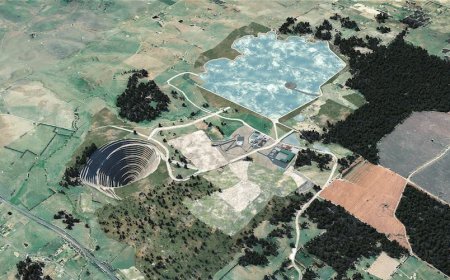Denison pushes ahead with Midwest uranium ISR study
Denison Mines (TSX: DML; NYSE: DNN) has received the thumbs up from the Midwest Joint Venture (MWJV) to complete more in-situ recovery (ISR) evaluation work at its 25.17% owned Midwest uranium project in Saskatchewan’s eastern Athabasca Basin.
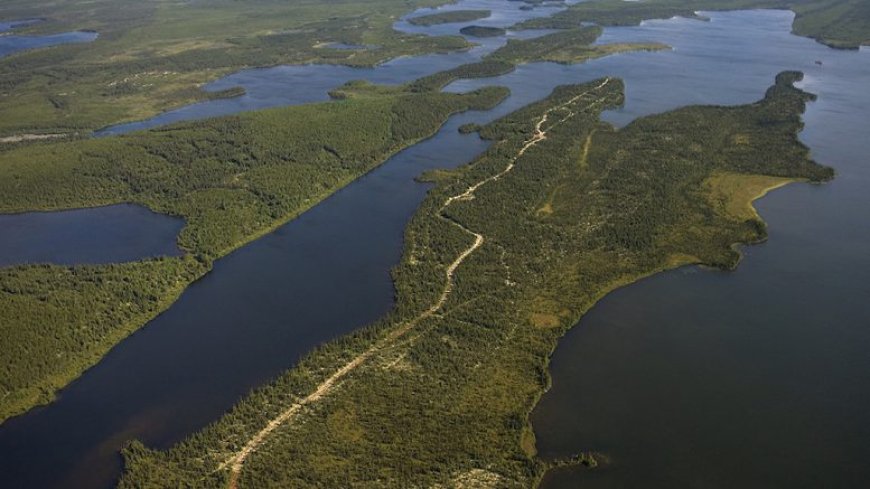

The Midwest project is a joint venture owned by Denison (25.17%) and French nuclear services firm Orano (74.83%). The project is about 25 km from the McClean Lake mill, also jointly owned by Denison (22.5%) and Orano (77.5%).
Later this summer Denison will undertake a study requiring the collection of deposit-specific information and complete preliminary engineering studies to support the further evaluation and de-risking of the critical criteria necessary to assess the potential application of the ISR mining method.
The criteria of the research are yet to be determined. Still, if warranted, they will be of a standard sufficient to satisfy completing a compliant technical report or preliminary economic assessment.
At least one analyst supports the move. Canaccord Genuity mining analyst Katie Lachapelle says in a note to clients that Denison is far more advanced in understanding the potential application of ISR on high-grade Athabasca-style deposits.

With a skilled in-house technical team and years of complete test work, she believes Denison is well-positioned to apply its learnings at Phoenix to other deposits throughout the Basin, like Midwest.
In Lachapelle’s view, completing a technical report, such as a PEA, on Midwest will likely ascribe higher value to the project than she currently models and could present an upside to her estimates.
The Midwest Main deposit currently holds 39.9 million lb. uranium in 453,000 tonnes grading 4% uranium oxide in the indicated category, and 11.5 million lb. contained in 793,000 tonnes grading 0.66 uranium oxide. The Midwest A deposit holds a further 10.8 million lb. indicated in 565,000 tonnes grading 0.87% uranium oxide and 6.7 million lb. at 53,000 tonnes grading 5.8% uranium oxide inferred.
Denison’s 25.17% interest equals about 17.3 million lb. of yellow cake.
Over the remainder of the year, Lachapelle expects Denison to be catalyst rich with the release of results of the final phase of its feasibility field test, the recovered solution management phase in the spring following the success of the first two phases, and a final feasibility study by June. In the meantime, the company expects to report ongoing results from its regional exploration program and continues evaluating potential mergers and acquisitions opportunities.
Initial exploration work at Midwest began in 1966, and Denison first became an owner of the project in 1987. In 2007, Orano Canada completed an internal study evaluating the feasibility of mining the Midwest Main deposit via open pit mining methods by processing the resulting ore at the McClean Lake mill.
The MWJV subsequently advanced the project through the environmental assessment process as an open pit mine, and the final version of the Midwest Project Environmental Impact Statement was approved in September 2012.
Denison’s Toronto-quoted equity is down 37% over the past 12 months, touching a low of $1.19 and a high of $2.29 to close at $1.38 on Wednesday. It has a market capitalization of $1.2 billion.

